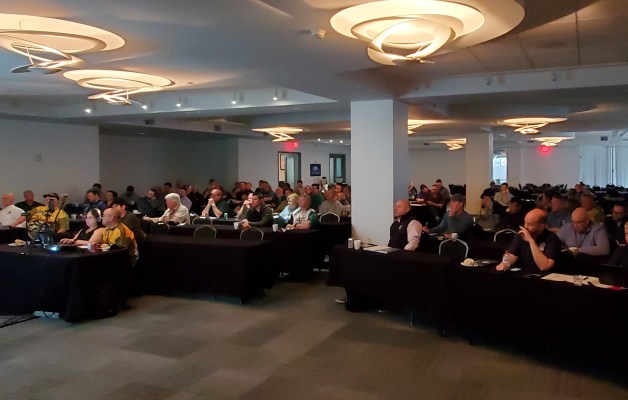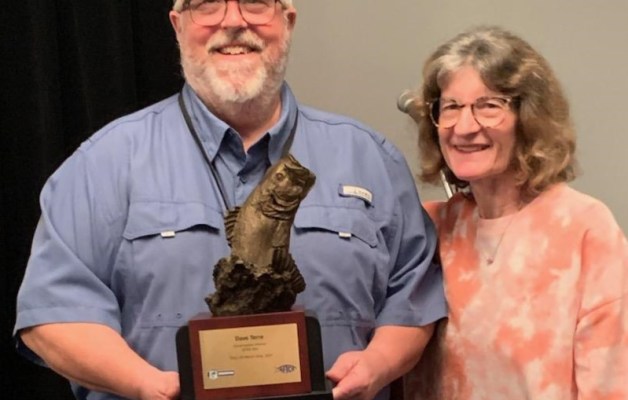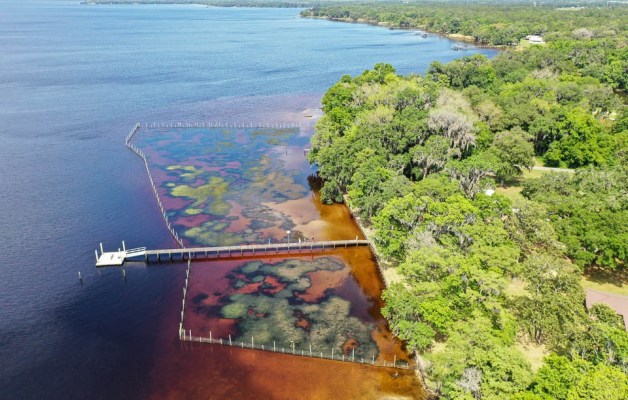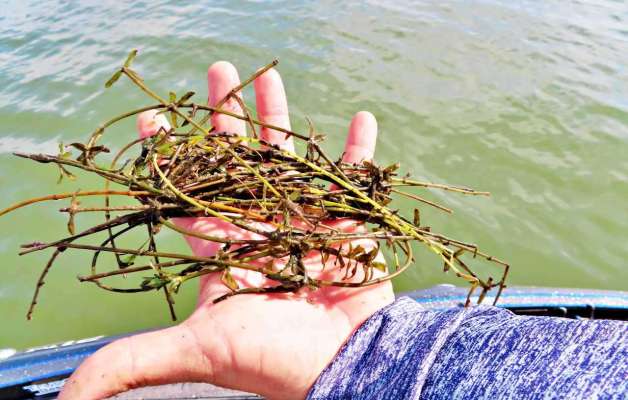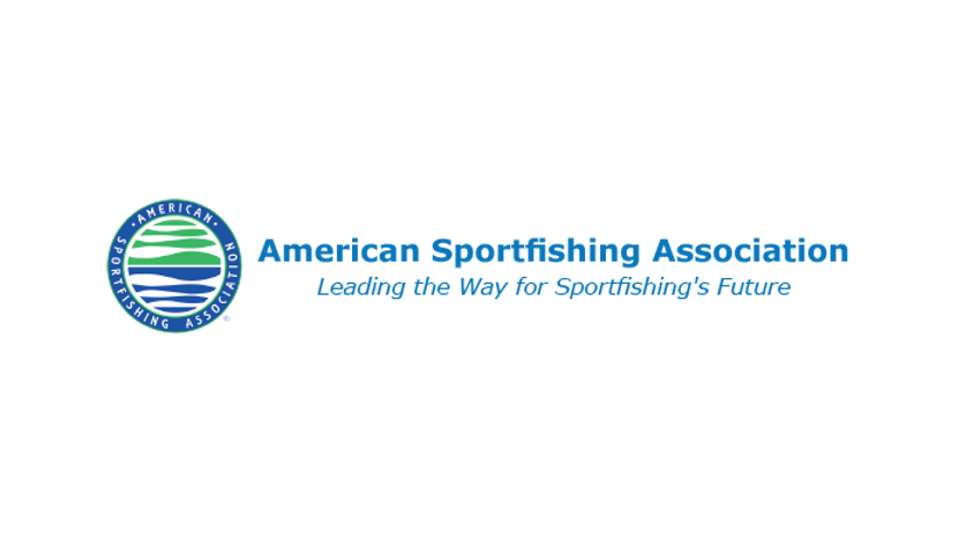
Alexandria, Va. – On Dec. 20, the U.S. House of Representatives passed the Harmful Algal Bloom and Hypoxia Research and Control Act (HABHRCA) of 2018. Last night’s vote was the final step toward sending the bipartisan legislation to the President’s desk.
“This legislation is critically important to advancing the scientific understanding and ability to monitor and assess harmful algal blooms,” said American Sportfishing Association (ASA) Policy Director Clay Crabtree. “With the ongoing frequency of harmful algal blooms and their devastating impacts on fisheries, we are grateful that Congress moved this bill across the finish line.”
In August, the Senate Commerce Subcommittee on Oceans, Atmosphere, Fisheries, and Coast Guard held a hearing on harmful algal blooms and discussed this legislation. ASA Member Patrick Neu, president of the Future Anglers Foundation and Executive Director of the National Professional Anglers Association testified before the subcommittee about the impact harmful algal blooms have on anglers and fisheries habitats, and highlighted the risks posed to businesses, like local fishing tackle shops.
“Given what we’ve witnessed this year in South Florida, the Great Lakes, and in many other parts of the country, this legislation is crucial in providing federal resources to communities as more local businesses that depend on access to healthy aquatic systems are negatively impacted,” said Kellie Ralston, ASA’s Southeast Fisheries Policy Director. “We applaud Rep. Brian Mast (R-Fla.), Senator Bill Nelson (D-Fla.), and the other bill authors for championing this important legislation and securing its passage through Congress.
In addition to reauthorizing for five years the National Harmful Algal Bloom and Hypoxia Program, this bill would:
- Authorize NOAA and EPA to declare a “Harmful Algal Bloom (HAB) of Significance” to provide federal resources when HABs are determined to have a detrimental impact on a state’s environment, economy, or public health;
- Expand grant eligibility to include proposals for the intervention and mitigation of harmful algal blooms; and
- Direct NOAA to improve their monitoring of harmful algal blooms and hypoxia.
“America’s recreational fishing industry applauds Congress for passage of this bipartisan legislation and looks forward to final enactment following the President’s signature,” said Crabtree.

